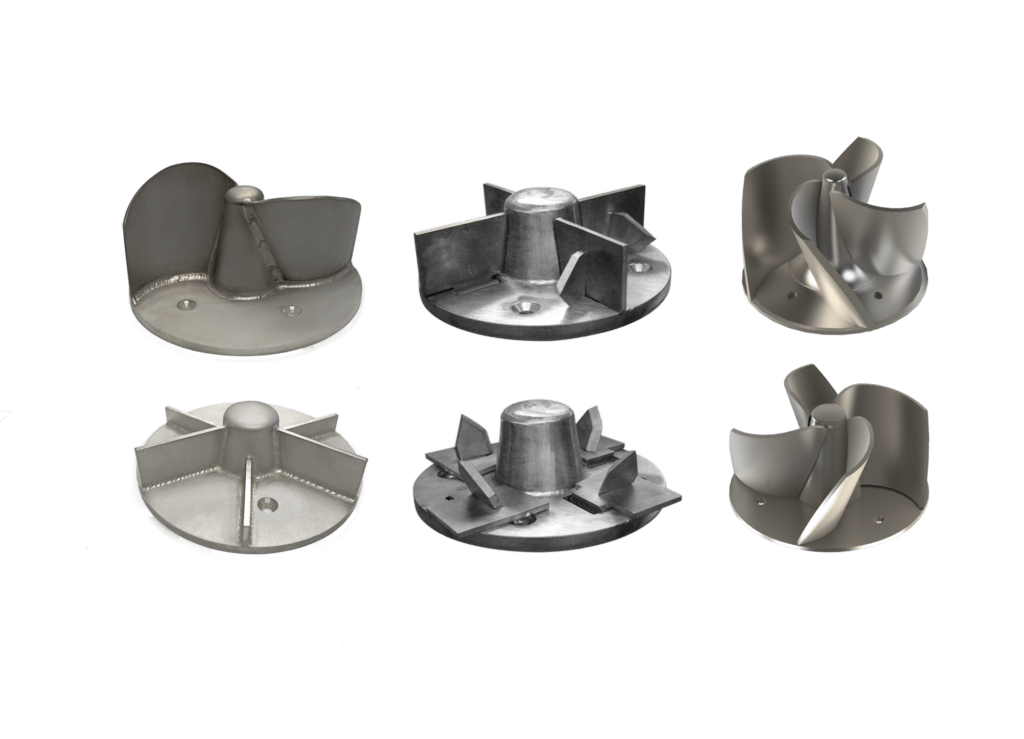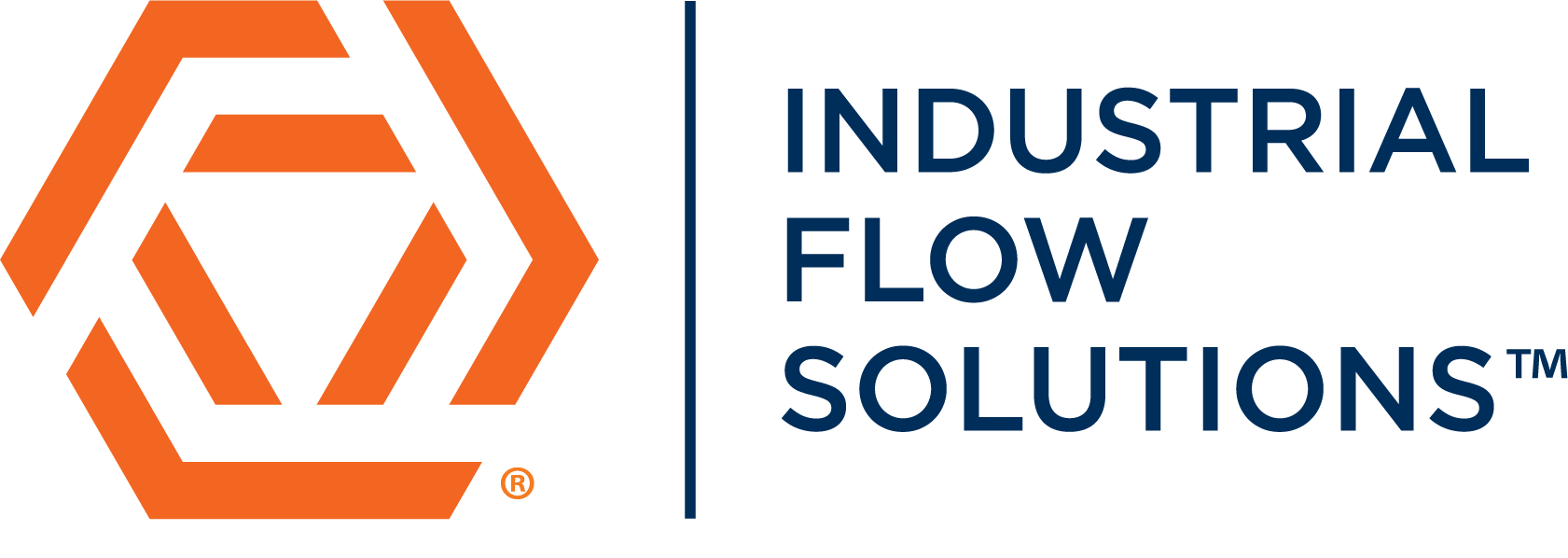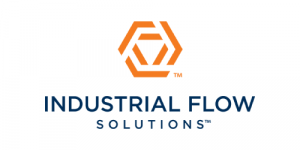Choosing the Right Impeller for Submersible & Direct In-Line Pumps

The impeller is a key component that directly influences the hydraulic performance of any pump. Whether you’re working with submersible pumps or direct in-line pumps, understanding the different impeller types and their specific applications is crucial for ensuring efficiency and longevity. In this blog post, we’ll explore various impeller designs, their importance, and how to select the right one for your unique needs.

Why Are Impellers Important?
Impellers are at the heart of a pump’s hydraulic profile. Their shape, size, and number of vanes play a critical role in determining how effectively the pump moves fluid. The impeller interacts with the volute (the spiral casing around the impeller) to generate pressure, pushing water or other liquids through the system. A well-designed impeller maximizes pump performance, ensuring reliable operation and energy efficiency.
In simple terms, a pump impeller is a rotating component that transfers energy from the pump’s motor to the fluid, boosting both pressure and flow. Without the impeller, the pump would fail to move the fluid, making it an essential part of the system.
What Do Impellers Do?
At their core, impellers convert rotational energy from the motor into kinetic energy, creating fluid movement. The type of impeller used will affect the flow rate, pressure, and overall efficiency of the pump. It’s not just about moving fluid; it’s about doing so in the most effective way for the specific conditions of your application.
Key Factors That Affect Impeller Performance
Several factors influence the performance of an impeller:
- Type of vane: Different vane designs are tailored for specific applications, such as handling solids or pumping high-viscosity fluids.
- Number of vanes: More vanes generally improve efficiency, while fewer vanes may be necessary for handling larger solids.
- Diameter and Vane Height: A larger impeller diameter increases the pressure, while taller impeller vanes generate higher flow rates
Additionally, the material used for the impeller is vital and depends on both the application and the type of fluid being pumped. Impellers made from stainless steel are often chosen for corrosive environments due to their excellent corrosion resistance. Cast iron is commonly used for standard applications because of its durability and cost-effectiveness. For other specific needs, hi-chrome iron and various alloys are selected for their strength and abrasion resistance, making them ideal for different fluid types.
Types of Impellers and Their Applications
Here’s a breakdown of the most common impeller types and where they shine:
1. Solids Handling Impellers
Used in applications where the pump handles solid particles or wastewater, solids handling impellers are designed to reduce clogging and provide consistent performance. Industries that benefit from solids handling impellers include:
- Municipal Wastewater: Pumps that handle sewage or wastewater need impellers that can manage debris and solids without clogging.
- Commercial: Similar to municipal needs but with additional efficiency requirements.
- Food & Beverage: Impellers need to be robust enough to handle food waste or pulp.
- Industrial: Many industrial applications require pumps that can transport liquids with particles or solid materials.
Common impeller types for solids handling include:
- Shredder Impellers: These feature a cutting or shredding mechanism to break down larger solids before they’re pumped through the system.
- Non-Clog Impellers: Designed to minimize the risk of blockages, these impellers handle both small and large solids with ease.
- Vortex Impellers: Ideal for handling liquids with large amounts of fibrous solids or slurries.
- Mono-Vane Impellers: Perfect for moving liquids containing fibers or large debris.
- DIPCUT® Impellers: Featuring a patented design, DIPCUT impellers reduce clogging and incorporate a cutting action, allowing them to handle even the most challenging solids in Direct In-Line Pump Systems.
2. Dewatering Impellers
Dewatering pumps are essential in industries like construction, mining, pharmaceuticals, power generation, and utilities, where excess water or slurry needs to be moved. The impeller types used in dewatering applications are designed to handle high solid content and operate efficiently under challenging conditions.
Common dewatering impellers include:
- Open Channel Impellers: Designed for high-flow applications, these impellers can handle large volumes of water with low head, making them effective for draining.
- High-Efficiency Impellers: Optimized to move fluids with high efficiency, these impellers are particularly useful in industries like pharmaceuticals or power generation, where operational cost savings are critical.
How Do You Determine the Right Impeller for Your Application?
Choosing the right impeller depends on several factors, including the type of fluid, the presence of solids, the required flow rate, and system pressure. For complex applications, consulting with a pump specialist can help ensure you select the most suitable impeller design for your needs.

How Impeller Design Affects Pump Performance
The design of an impeller significantly affects pump performance, including efficiency, capacity, and the ability to handle specific fluids or solids. For example, closed impellers are more efficient for clean fluids, while open impellers excel in handling fluids with suspended solids.
Conclusion
The impeller plays a vital role in your pump’s performance, and selecting the right one is critical for achieving optimal operation. By understanding the various impeller types and their specific applications—whether you need to handle solids, maximize efficiency, or deal with challenging fluids, you can ensure that your pump delivers the best results. Whether for municipal, commercial, industrial, or dewatering applications, choosing the right impeller will significantly impact the overall success of your pump system.



